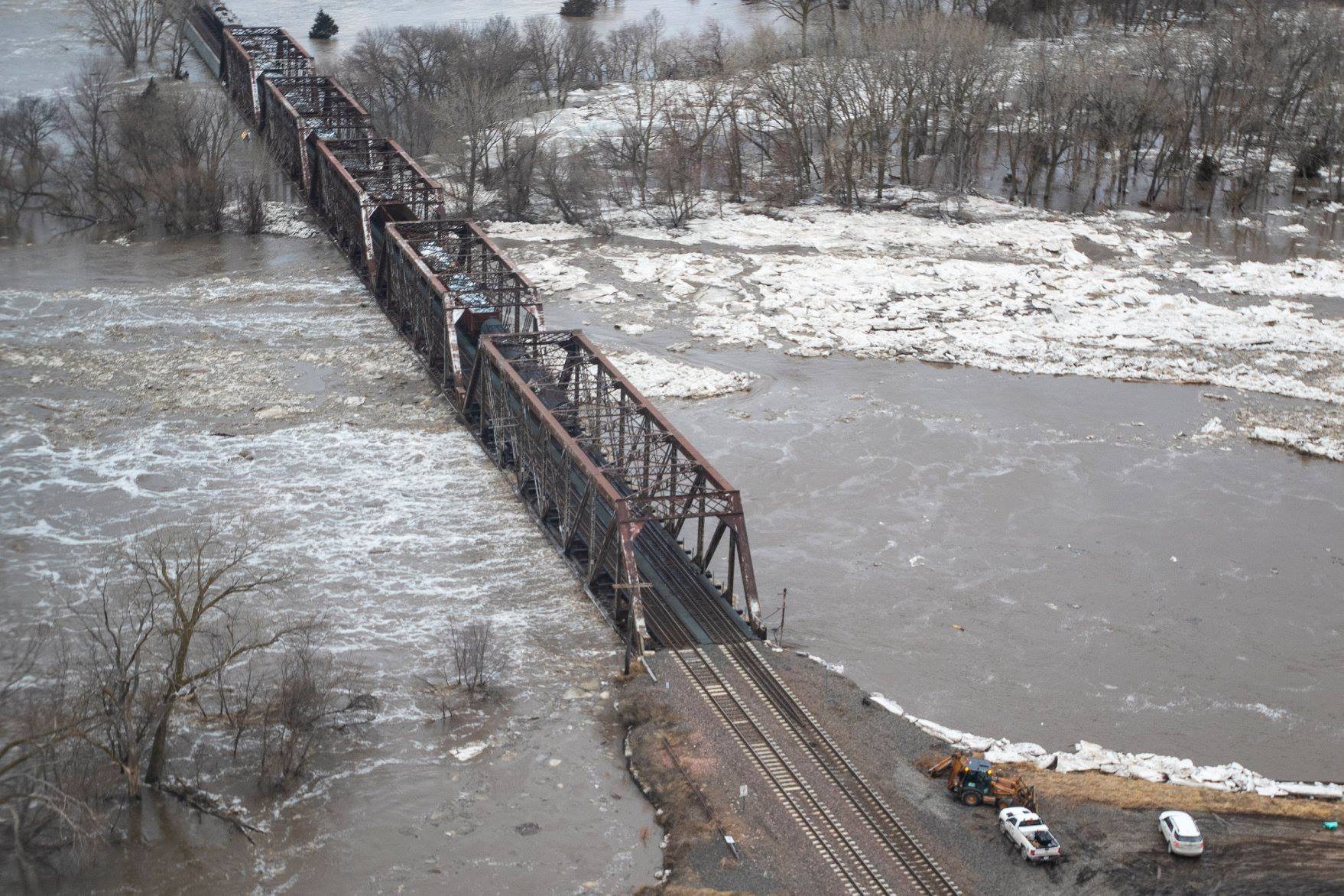A Tuesday Senate hearing reviewing the impact of climate change on agriculture featured a strong defense of industry, at a time when the role of the sector in contributing to global warming is under growing scrutiny.
The morning panel, hosted by the Senate Agriculture, Nutrition and Forestry Committee, indicated that lawmakers on both sides of the aisle are growing more willing to engage with the connection between agriculture and climate change. But the hearing also outlined the resistance climate advocates are likely to face from members of the sector, along with Republicans in the upper legislative chamber.
Opening the hearing, Chairman Pat Roberts (R-KS) struck a conciliatory note, acknowledging climate change and calling for solutions. But he also argued that “no single silver bullet solution” exists for addressing the crisis and offered a pre-emptive defense of farmers and ranchers.
“If farmers are hindered from using existing technologies and research…we can expect an economic result that is, at the least, more costly, and at the worst, unsustainable for our farmers,” Roberts said.
Sen. Debbie Stabenow (MI), the committee’s top Democrat, laid a similar framework with her comments.
“My goal today is not to debate the science of climate change, the science is sound,” she said, emphasizing that “no one understands the stakes and potential solutions better than our farmers and ranchers.”
The four-speaker panel, however, was dominated by industry ties, with an emphasis on livestock. No climate scientists spoke on the panel.
Experts say a significant amount of research and data has established the relationship between agriculture and global warming. Around 8% of U.S. emissions come from farming, with some 42% of those emissions generated by animal agriculture. Much of that, in turn, is due directly to the animals themselves — cows, for example, produce methane when they burp.
But panelists on Tuesday veered away from those findings. Debbie Lyons-Blythe, a Kansas cattle breeder who has won praise from the agrochemical company Monsanto, touted the “positive story” of U.S. beef, arguing that the industry embraces climate-friendly practices.
Another speaker, Frank Mitloehner, a livestock expert and professor at University of California, Davis, also took aim at efforts to introduce “meatless Mondays” and other attempts to scale back U.S. meat consumption. Mitloehner slammed a 2016 report that emphasized the link between agriculture and climate change, arguing that “this myth is one of the chief reasons we are advised to eat less meat.”
Other panelists similarly defended farming from scrutiny over climate impacts. “When we talk about stewardship of the land… there’s no one better than the American farmer,” said Matthew Rezac, a fourth-generation Nebraska farmer who grows corn and soybean crops.
Tom Vilsack, who formerly headed the U.S. Department of Agriculture (USDA) during the Obama administration and now represents the U.S. Dairy Export Council, touted the dairy industry’s improvements on greenhouse gases, while calling for a move towards net-zero emissions as an economic necessity.
“This is a climate imperative but it is also… a market imperative,” he said, noting that consumers are increasingly concerned about climate change.
Lawmakers and panelists alike touted technological advancements and innovation as a preferred approach to addressing emissions and other climate issues relating to agriculture. In particular, speakers and several Republican lawmakers took aim at government regulation, including the Green New Deal resolution proposed by Rep. Alexandria Ocasio-Cortez (D-NY) and Sen. Ed Markey (D-MA).
The resolution calls for the United States to rapidly mobilize within a decade to achieve net-zero emissions. Green New Deal supporters have singled-out agriculture as a leading source of emissions, something that has sparked pushback from the sector, as well as from Republicans.
“How can the businesses and the producers that you represent co-exist in a world where the Green New Deal would be implemented within 10 years?” Sen. Joni Ernst (R-IA) asked Vilsack. The former secretary avoided the question, instead touting technological advancements as an opportunity to move towards net-zero emissions.
Other prevalent issues plaguing agriculture took more of a backseat during the hearing, including the impact President Donald Trump’s escalating trade war with China has had on farmers hit by tariffs. And while the hearing centered on how agriculture can address its own contributions to climate change, impacts went largely unacknowledged, including recent devastating flooding in the Midwest and South, which has had severe economic consequences for those regions.
Despite growing awareness of the challenges global warming poses for agriculture, increased scrutiny from the government is unlikely. U.S. Department of Agriculture head Sonny Perdue once called climate change a “running joke” and has downplayed the role of humans in causing it.
Lobbying disclosures from the first quarter of this year also show that groups like the National Cattlemen’s Beef Association and the Iowa Farm Bureau Federation have been pushing lawmakers to oppose further regulations, including the Green New Deal.
The president has made his feelings known, repeatedly arguing that the Green New Deal will attack U.S. agriculture.
“I think it is very important for the Democrats to press forward with their Green New Deal,” he wrote in a Feb. 9 tweet. “It would be great for the so-called ‘Carbon Footprint’ to permanently eliminate all Planes, Cars, Cows, Oil, Gas & the Military – even if no other country would do the same. Brilliant!”

